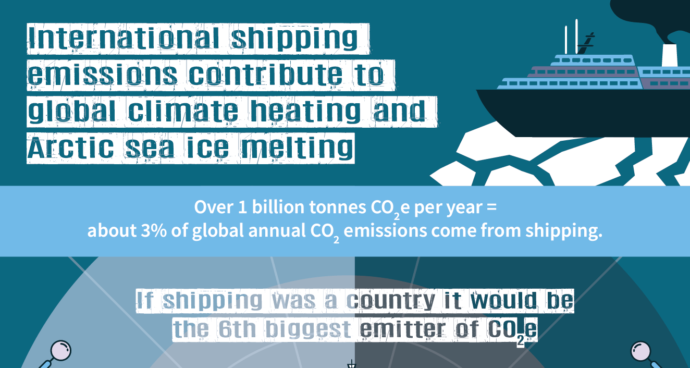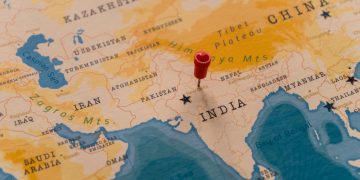During the last day of MEPC 76, the IMO adopted a ban on the use of heavy fuel oil (HFO) in the Arctic region amid a wide criticism by green groups claiming loopholes in the regulations which will allow many vessels to keep sailing without enough regulatory control.
The MEPC 76, which took place virtually on 10-17 June, adopted amendments to MARPOL Annex I (addition of a new regulation 43A) to introduce a prohibition on the use and carriage for use as a fuel of HFO by ships in Arctic waters on and after 1 July 2024.
The prohibition will cover the use and carriage for use as fuel of oils having a density at 15°C higher than 900 kg/m3 or a kinematic viscosity at 50°C higher than 180 mm2/s.
[smlsubform prepend=”GET THE SAFETY4SEA IN YOUR INBOX!” showname=false emailtxt=”” emailholder=”Enter your email address” showsubmit=true submittxt=”Submit” jsthanks=false thankyou=”Thank you for subscribing to our mailing list”]
Ships engaged in securing the safety of ships, or in search and rescue operations, and ships dedicated to oil spill preparedness and response would be exempted. Ships that meet certain construction standards with regard to oil fuel tank protection would need to comply on and after 1 July 2029.
A Party to MARPOL with a coastline bordering Arctic waters may temporarily waive the requirements for ships flying its flag while operating in waters subject to that Party’s sovereignty or jurisdiction, up to 1 July 2029.
This series of exemptions and waivers would mean a complete HFO ban would only come into effect in mid-2029, which environmental groups Clean Arctic Alliance said would amount to “endorsing continued arctic pollution”.
During MEPC 76, the IMO and its Member States failed to carve out the time urgently needed to develop the rapid action necessary to reduce rising Arctic emissions of a potent climate forcer – black carbon from shipping,
…stated Dr. Sian Prior, Lead Advisor to the Clean Arctic Alliance.

If the global shipping industry was a country, it would be the world’s sixth-biggest emitter of greenhouse gases. Yet as governments publish their Nationally Determined Contributions (NDCs) ahead of November’s COP26, the IMO, shipping’s governing body has adopted measures that will do little or nothing to address how the climate crisis is causing chaos – in the Arctic, for small island states, and around the world,
…said John Maggs, Senior Policy Advisor, Seas at Risk.
So far this week, none of the actions set forth by the IMO will provide any relief to the Arctic this decade, and without help this decade, the Arctic may be lost. The action that has potential to help the Arctic the most is an immediate reduction in black carbon emissions from shipping. Black carbon in the Arctic was to be discussed at this meeting, but now has been deferred to MEPC 77, more time lost, more damage done,
…said Mellisa Johnson on behalf of Pacific Environment during the meeting.

































































